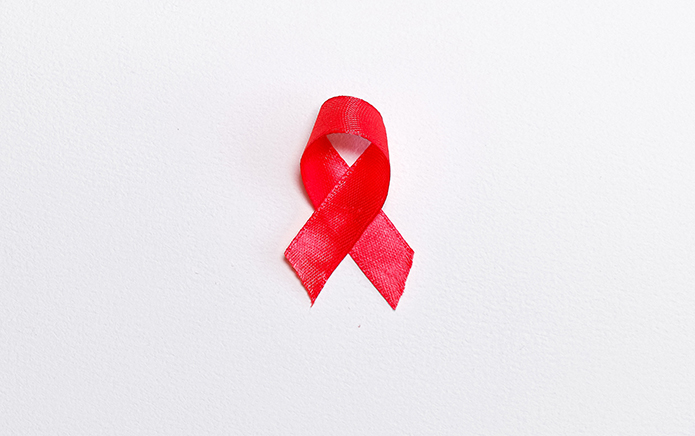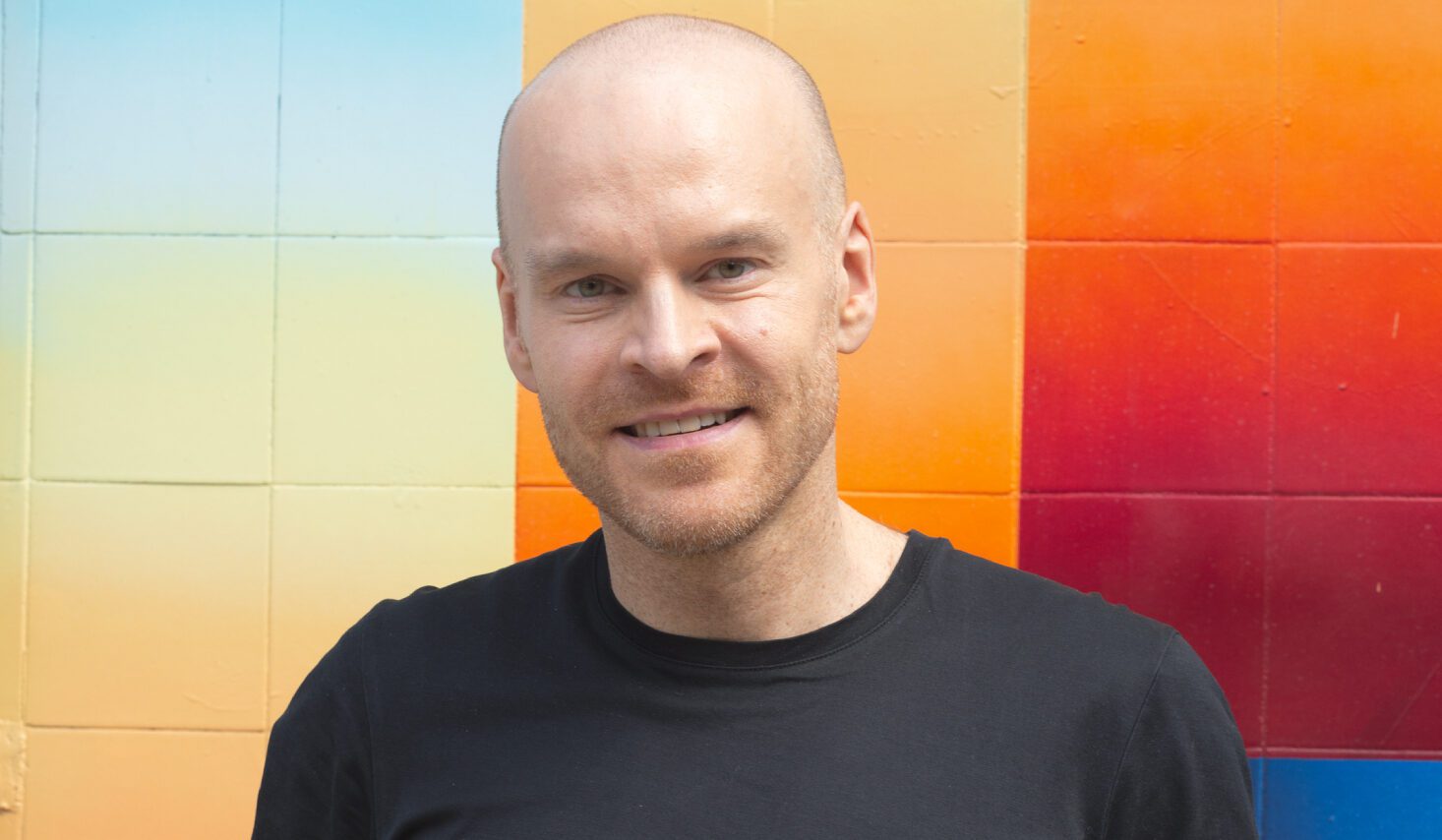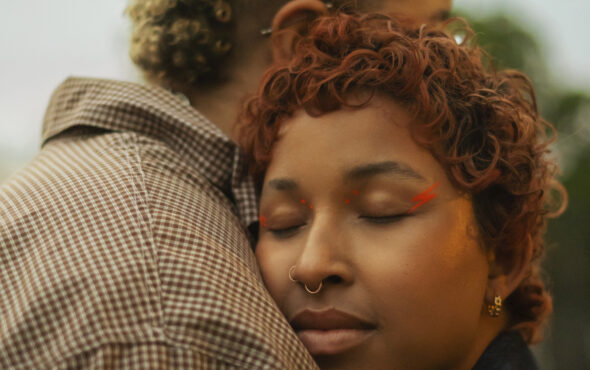
I usually focus on health campaigns featuring other activists, rather than myself. It was thought-provoking taking part in National AIDS Trust recent project, highlighting HIV stigma.
I tell people I am healthy and happy, which is fundamentally true. I take my medication and am naturally upbeat and this is supplemented by the support networks I access, whether that’s my church, peer support or going to the gym. But reality is different. Since my diagnosis in 2010 I have experienced stigma on an almost daily basis.
For NAT we selected a negative dating experience. This wasn’t an isolated incident. Everyone I know who is living with HIV has experienced rejection within relationships on account of their status. When this happens it’s awful and doesn’t get better with time. Instead, we develop coping mechanisms. In my case, every time I meet someone, MP, bishop or random person in a nightclub, the first thing I tell them is that I’m living with HIV. I also had two long term relationships end because the guys thought dating someone living with HIV was either too complicated or stressful.
The stigma within healthcare is also marked. GPs have been well intentioned and polite to me, but I often know more about HIV than they do. For example, when I had coronavirus, I called my GP to ask about coronavirus treatments, only to be told that they had no idea whether people living with HIV were eligible or not. Fortunately, I got the coronavirus treatment through my HIV clinic.
When I went to Accident & Emergency with a fractured ankle, the first nurse wouldn’t look at my ankle when they found out I was living with HIV. The second nurse did, once I explained that I couldn’t pass HIV on because I was on effective treatment, but I had to reassure them by finding an internet article on my phone explaining undetectable equals untransmittable (U=U). Even if I wasn’t undetectable there would be no risk of transmission.
I am unlucky in barber shops. I start chatting, maybe I’ve attended a conference, am doing something with a charity or had a medical appointment that day. I mention that I’m living with HIV. Suddenly there is silence. I’ve been asked countless times if it’s safe to cut my hair or beard. A few times I’ve had to explain U=U, again searching the internet for helpful articles. I’ve learned to tolerate this, but it is always embarrassing. Again, even if I wasn’t undetectable there would be no risk of transmission.

On social media, I am accused of promoting or trivialising living with HIV. The trolls say education is “dangerous”, as it will encourage today’s youth to be reckless. I am also harassed by anti-abortion groups. Worryingly, I have increasingly noticed that HIV prevention, treatment and care is treated as a “culture war” issue.
Regarding faith spaces, I am elected to the Church of England’s General Synod, its parliament, where I represent the Diocese of London. As a comparatively senior Anglican, I am embarrassed that the Church has not commissioned a report on the impact of HIV since 2004. When I asked a question about this in General Synod in February 2022, I received a bland response that the Church was sympathetic but given the financial constraints caused by the pandemic there was no money for a new report.
The Church of England’s problem with HIV is that it conflates HIV with issues around sexuality and gender identity, despite the Anglican Communion encompassing 85 million people worldwide. There are millions of Anglicans, particularly in Africa, living with HIV and most of them are straight.
I am repeatedly told that senior clergy cannot advocate around HIV because they are gay themselves, not out and people might know they are gay if they discuss HIV stigma, or they are straight and do not want to be associated further with the “gay agenda” as the Church navigates its way slowly around same-sex blessings and marriage. Even a short World AIDS Day message from the former Archbishop of Canterbury was discontinued when, as the current Archbishop told General Synod, it was given at the Archbishop’s discretion.
HIV stigma remains rife in the UK, within the LGBTQ+ community, healthcare settings, society generally and even among faith leaders who sit in the House of Lords. It is a difficult time financially for most of us, but please consider donating to NAT so that we can beat HIV stigma once and for all.


